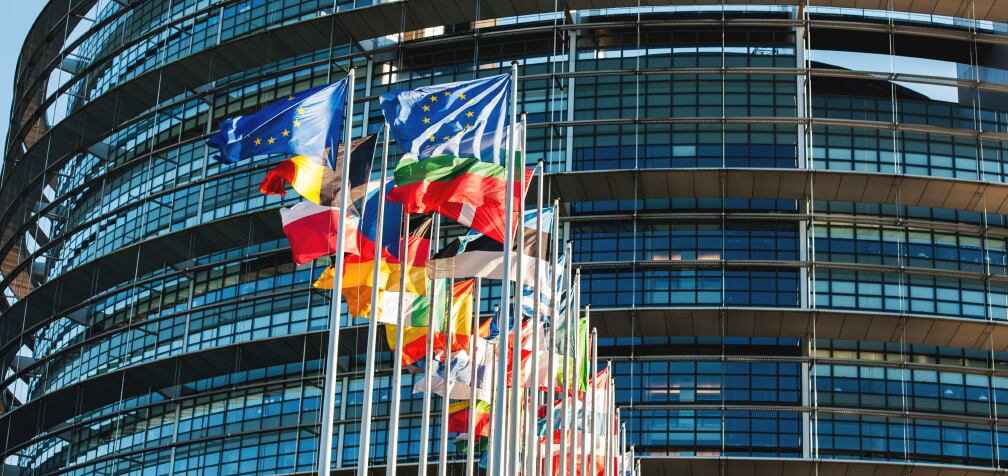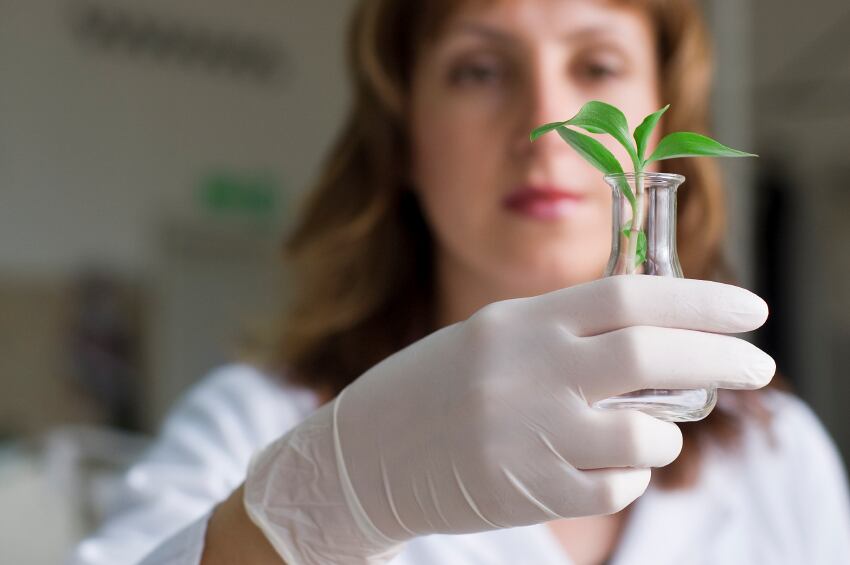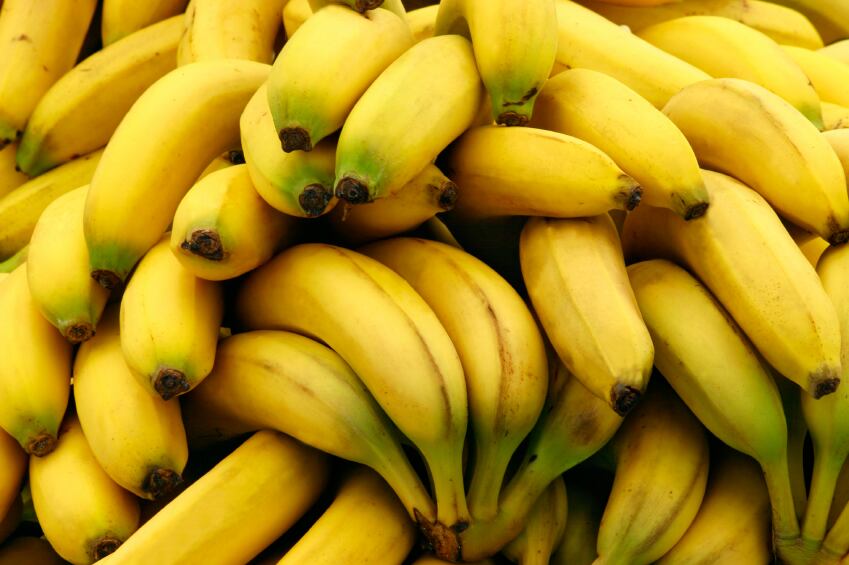The New Alliance for Food Security and Nutrition in Africa (NAFSN) is described as a “shared commitment to achieve sustained inclusive, agriculture-led growth in Africa”.
Guided by G8 member states, the public-private partnership (PPP) includes private partners like the Coca Cola Company, Syngenta, Nestlé and Monsanto – and has been met with scepticism from many environmental and development NGOs since its inception in 2012.
The EU Committee’s resolution adopted last week (20 April), urged the G8 states – Canada, France, Germany, Italy, Japan, Russia, the UK and the US – to “tackle all the weaknesses” of the Alliance to ensure its actions are "compatible with the development policy objectives".
In its draft version – the only version currently published – the text even advises EU countries to “withdraw its support” for the initiative as long as these “deficiencies” remain.
The vote can be seen HERE.
‘Very focused on making a profit’
According to the news publication Euroactiv, the Committee's rapporteur for the report and German Green Member of European Parliament (MEP) Maria Heubuch accused companies involved of being focused on profit not people.
“The big multinationals like Monsanto, Cargill and Unilever are very focused on making a profit. It is hard to see how this kind of aid to multinationals through the New Alliance could be of benefit to local populations in terms of sustainable development.
“Especially when we know that family farms are largely excluded from the decision-making process linked to this initiative.”
Responding to this, Monsanto’s EU and Middle East corporate communications leader, Brandon Mitchener, told us: “Like many rabidly anti-corporate politicians, Ms Heubuch seems not to understand that Monsanto and other companies can only succeed in business if we provide value to our customers.
“We only win if they buy our products year after year. And farmers aren’t stupid. They’ll only do that if the products bring them a clear benefit.”
Heubuch told us as a politician her role was to "sustain healthy agricultural systems for future generations", which meant investing in the "smartest, most sustainable and well adapted low-cost solutions but also speaking out against necrological dependence on chemicals that destroy the resilience of natural systems".
“Farmers have again and again proved that they can grow healthy plants and achieve good results by agro-ecological means such as intercropping, crop rotation, use of beneficial species and natural soil fertility. Of course, companies that rely on selling pesticides and chemical fertilisers aren’t happy if sustainable agricultural practices win ground.”
The Committee’s non-binding report has yet to face a European Parliament plenary, but already environmental NGO and staunch GMO critic Greenpeace has welcomed the call as a “political signal that cannot be bluntly ignored”.

Marco Contiero, EU policy director on agriculture for Greenpeace, told us: “The European Parliament has sent a strong political signal in support of sustainable development in Africa. The Parliament rightly stresses that the New Alliance heavy emphasis on industrial farming and GMOs will only benefit big corporations at the expense of small-scale farmers, which are the backbone of African agriculture.
“The programme should instead focus its efforts on local farmers by providing infrastructure, storage facilities, sustainable farming techniques and access to markets.”
Who are you calling neocolonialist?
However agri giant Monsanto, which sells GM maize and cotton seeds in African countries including South Africa and Burkina Faso, hit back at the resolution.
“It’s disappointing that the European Parliament’s Development Committee blithely continues to ignore the scientific consensus on the safety of GMOs in favour of unsubstantiated and irrational fearmongering by Greens and certain non-governmental organisations hostile to the use of any modern technology in agriculture,” Mitchener told us.
“We believe that African nations are beginning to ignore this European NGO noise and neocolonialism and decide for themselves whether GM technology offers them any benefits.”

He cited the example of South Africa, which had a “long, successful history” of growing GM maize without adverse impacts on human or animal health or the environment.
Commercial cultivation of GM crops by farmers in Africa is currently limited to South Africa, Burkina Faso and Sudan, yet interest in the region is growing.
“Kenya is looking at it. For that matter China and India have also embraced GM seeds. In fact, Europe stands sadly alone in the world for rejecting a technology embraced virtually everywhere else.“
But Greenpeace batted off Monsanto’s accusation of neo-colonialism – saying industry was exploiting the scheme to change African legal frameworks for their own benefit.
Indeed according to the NAFSN’s 2014-2015 progress report, of the six categories of policy commitments due after June 2015, most progress was made in input policy reforms (33%) and in creating and enabling environment for the private sector (28%).
Least progress was made in policy reforms related to infrastructure development and nutrition.
The progress report also showed public donors have already released $3.2bn (€2.83bn) of the $6.2bn (€5.48bn) they promised in 2012 but private investors have so far only released $684 million (€604.8m) of the total $10.2 billion (€9.02bn) pledged.
The right to choose

Trade association for the European bioindustries EuropaBio, of which Monsanto is a member along with BASF, Dow, Dupont Pioneer and Syngenta, highlighted the potential good GM could do for the region.
It cited on-going trials on traits of "high relevance to challenges facing Africa", including drought, nitrogen use efficiency, salt tolerance and nutrition as well as resistance to tropical pests and diseases.
It urged decision makers to refrain from “demonising” a technology it says has enabled "a better life" for millions of resource-poor farmers and their families in developing countries.
“We believe that it should be left up to African governments to decide whether to grant their farmers with the right to choose to grow GM crops which are proven to be as safe as conventionally bred crops,” Beat Späth, its director of green biotechnology, told us.
“Already, several African governments, ministers, thought leaders and scientists in Africa agree, and some countries have taken substantial steps in that direction.”
In Uganda trials for a GM banana with six times the normal level of vitamin A - backed by the Bill & Melissa Gates Foundation - has increased pressure for regulatory allowances for the technology.
However Greens MEP Heubuch told us despite industry "repeating its mantra" there was no scientific consensus on GMOs.
